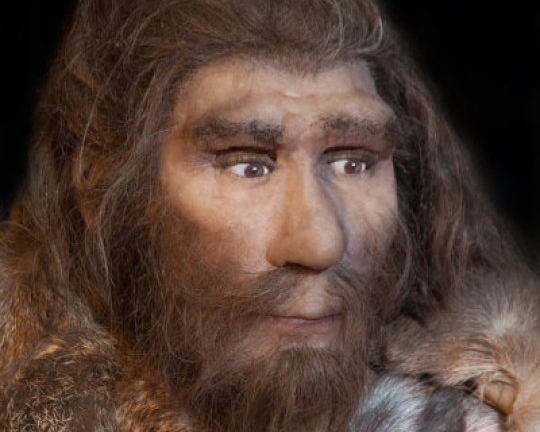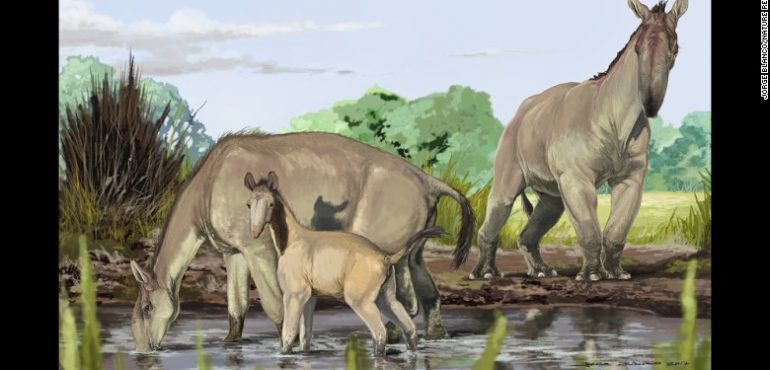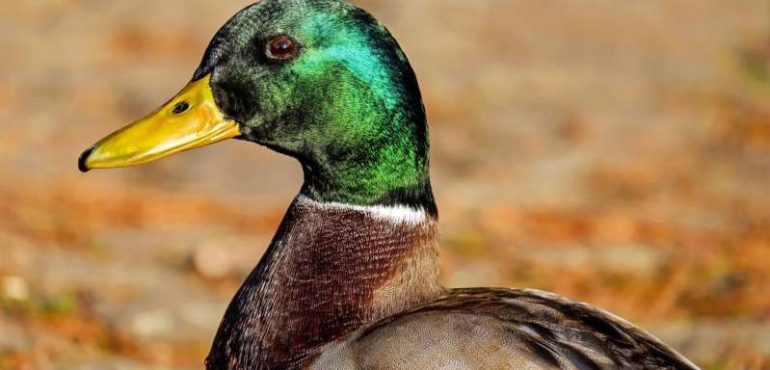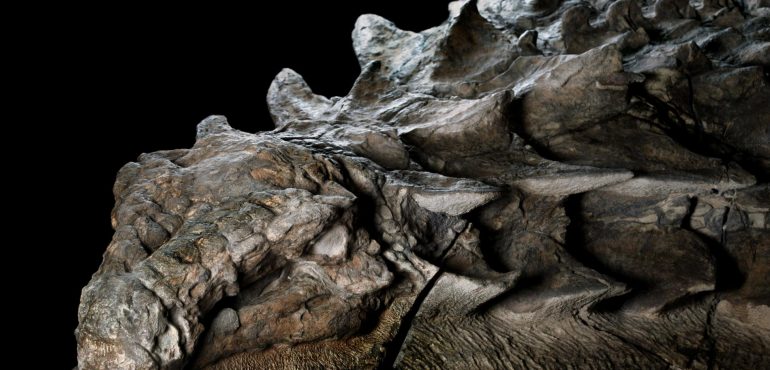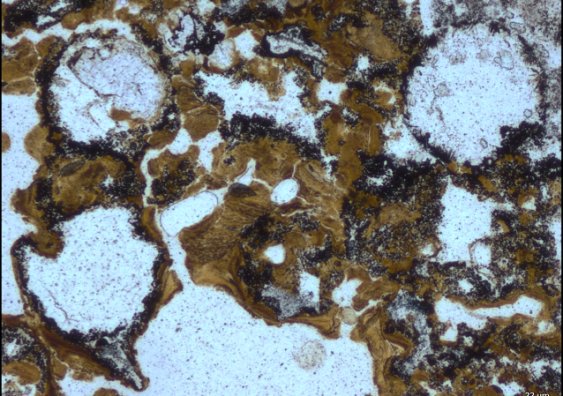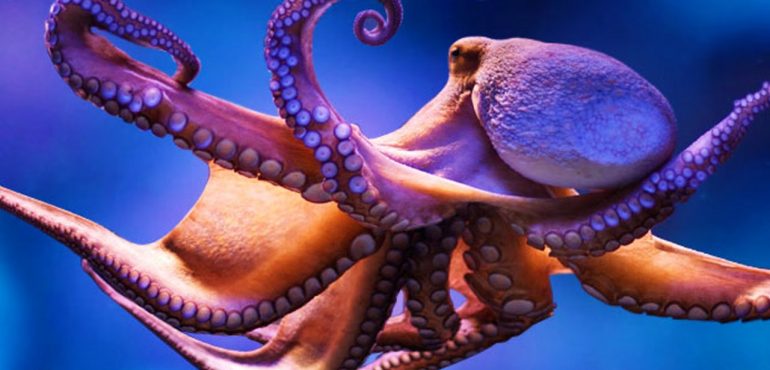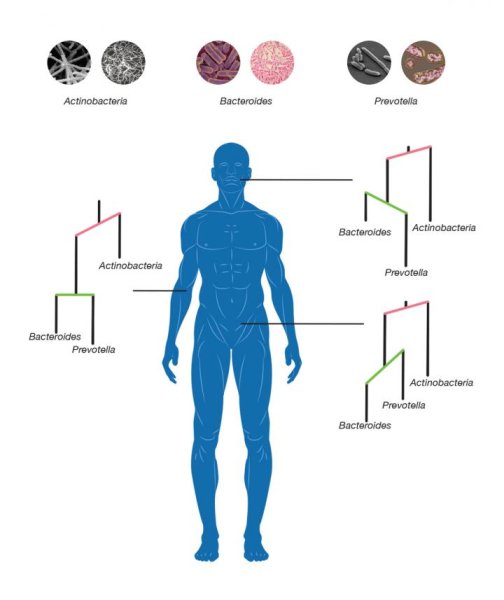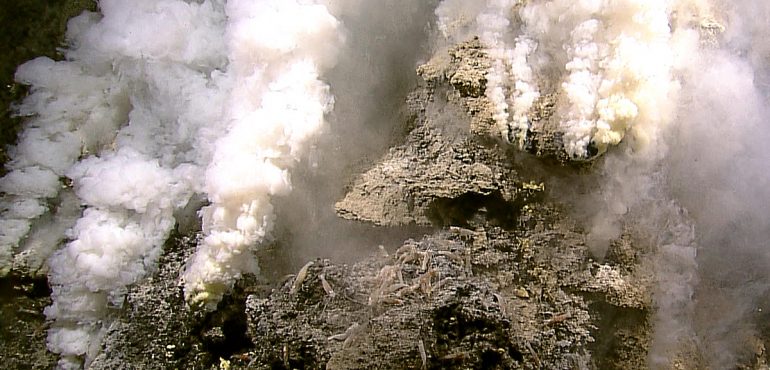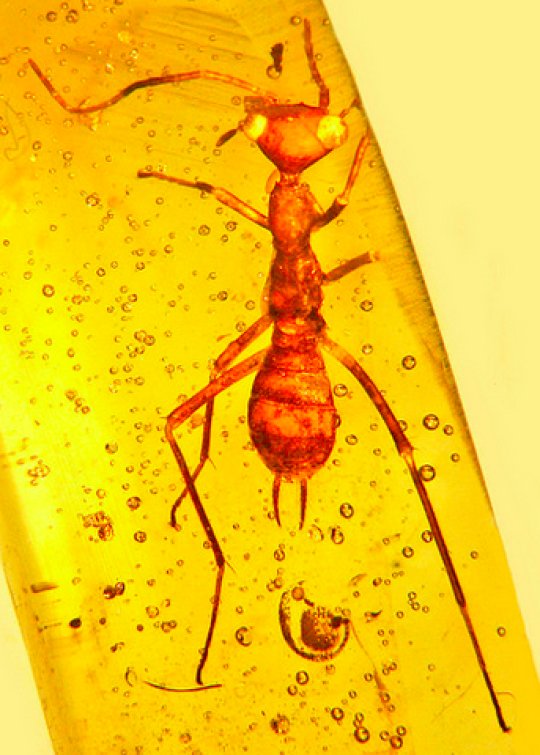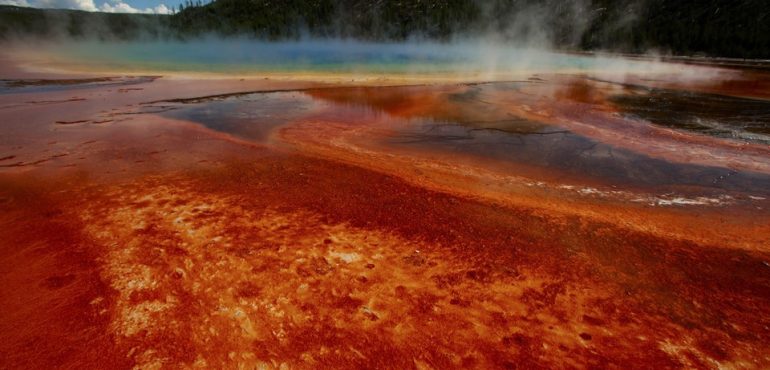In saliva, scientists have found hints that a "ghost" species of archaic humans may have contributed genetic material to ancestors of people living in Sub-Saharan Africa today. The research adds to a growing body of evidence suggesting that sexual rendezvous between different archaic human species may not have been unusual. Past studies have concluded that…
Read more
In saliva, clues to a ‘ghost’ species of ancient human
